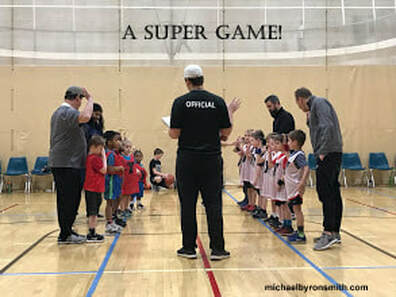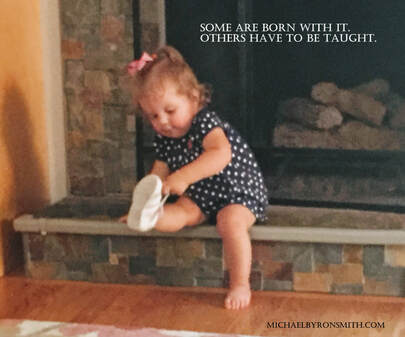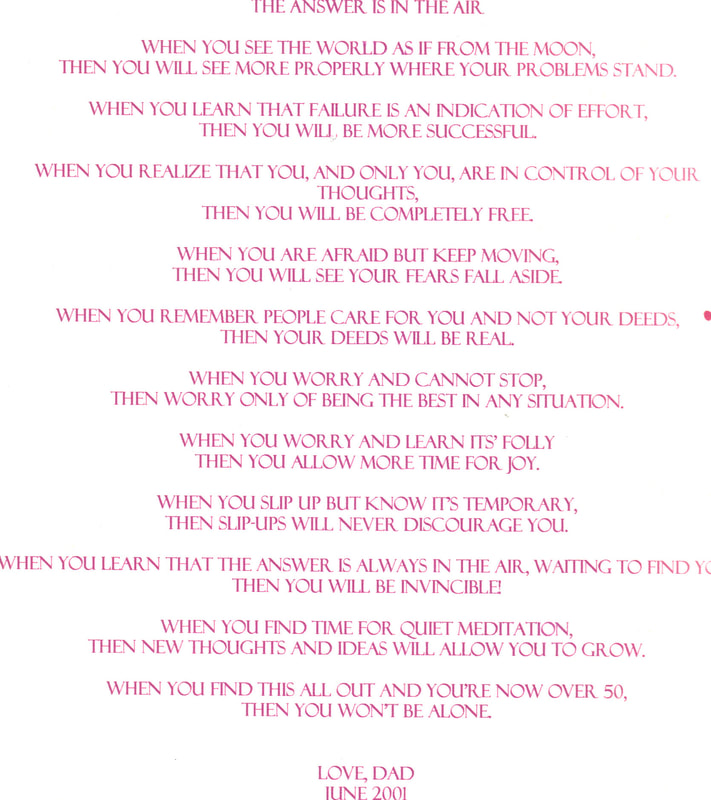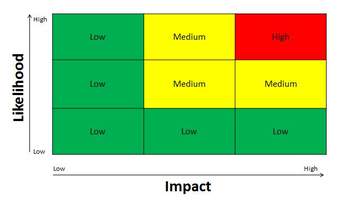
My six-year-old grandson is on a basketball team with a bunch of his buddies. I’ve practically watched these kids grow up from the sidelines in this and other sports. I must say, they are a great bunch of boys. If there were one bad kid on the team, he would stand out -- and none do. It’s a friendly family affair! Moms, Dads, many grandparents, siblings, all come to cheer, talk, and play on the sidelines during the game. It’s indeed a remarkable scene in a real Americana setting.
This Super Bowl weekend they played a team that captured my heart. At first sight, they looked spirited but supremely beatable. Before it started, I was hoping this would be a fair game, not that our team could be confused with the Celtics, but I’ll explain. While our kids are all about the same size, and while we have two or three excellent players, they are close in talent for their age. The other team, however, was “Team Diversity”. Not the diversity regarding the various backgrounds of the players, but on the team’s purposeful goal of letting everyone have a chance, regardless of size, experience, or ability. Our team has the exact same goal, they’re just not as diverse! While we have a few mediocre players (at least now in their development), everyone plays an equal amount.
Let me point out that diversity can be applied in many ways. The diversity of these two teams was the range in talent. Here’s what I mean. If the best player on my grandson’s team was an 8 on a scale of ‘10’, then the worst player may be a ‘4’ (a spread of 8 to 4 and a small range). But on Team Diversity, they had two players who were ‘10’s, one who was a ‘6’, three who were ‘3‘s, and two who were ‘1’s (a spread of 10 to 1 and a big range).
It appeared to be the first year of basketball for most on Team Diversity, except the best three. One boy was about 2 ft. 6.in. And another had Down’s syndrome. At first, the only coach I saw was a middle-aged lady of possibly Indian heritage. I admired her so much! She may have never played basketball, but she coached those kids well until an older man later took over the duties.
I shouldn’t have worried. While everyone on Team Diversity played a fair amount, they played a great game! Standard ‘traveling’ calls being nonexistent, fouls (what fouls?), and out-of-bounds being outside of the YMCA itself, it was a wild game. But it was more than competitive. If they had kept score, we would have lost! Their two superstar ‘10’s did all the damage, occasionally letting their teammates have the ball to run around in a joyous circle or two, proud to have handled (held) the ball. And the 2 ft. 6 in. Guard just may be a star someday!
What was also great, our boys could not care less whether they were guarding one of the other team’s stars, the short guy, or the boy with Down’s syndrome. They did their assignments with vigor and spirit, giving each player on the other team their due regard!
Down the line as they grow older, the boys on both teams will separate on to other teams based on ability and desire, some not playing at all. That’s how it is and will be. But not at this time and at this age! Everyone gets a chance! Some kids start slow, some fast, some get better and better, and others do not. But every kid should find this out on their own, using the talents they have, the interests they gravitate to, and with the help of those who give them their chances in sports, school, or any creative endeavor!
It was a SUPER game!















